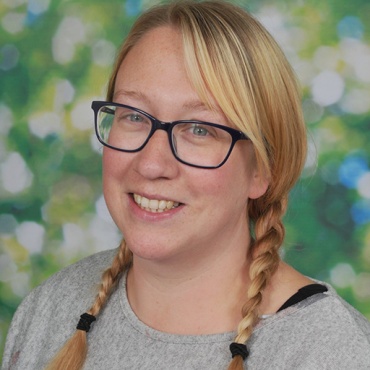The Pathways to Independence is an innovative and unique school curriculum designed to prepare learners for their future beyond the classroom and school. With a focus on fostering independence and developing effective communication skills, this curriculum equips learners with the skills necessary to navigate their next steps successfully. The curriculum covers a wide range of National Curriculum subjects, includes literacy, reading, maths, and vocational skills, aimed at developing learners’ confidence and competence needed to thrive in today’s society.
Our progressive approach is informed by the Preparation for Adulthood agenda as learners move up through the school working within our developed Careers Programme, and learning is underpinned via our Total Communication structure, with tailored approached to each learners needs woven throughout the curriculum. We recognise that each learner is unique, and therefore, our program is highly personalised and flexible, ensuring that learners’ individual goals, aspirations, interests, and challenges are all taken into account. Our rolling programme builds on learners’ previous learning determined by robust assessment outcomes which enables all learners to accumulate skills and knowledge in a smooth progression in a coherently planned way, working towards Personalised Learning Goals identified from their Education, Health and Care Plan (EHCP) outcomes.
At the core of The Pathways to Independence Curriculum is the belief that learners have the tools, resources, and support they need to make their own choices to become responsible engaged citizens. Whether learners aspire to enter the workforce or pursue further education, our curriculum provides them with the necessary preparation to achieve their goals. In addition to academic rigor, we also place a strong emphasis on developing practical life skills. The Pathways to Independence Curriculum is therefore more than just a curriculum; it is a comprehensive approach to education that empowers learners to reach their full potential, aimed at improving their outcomes, preparing them well for the next stages and steps.





